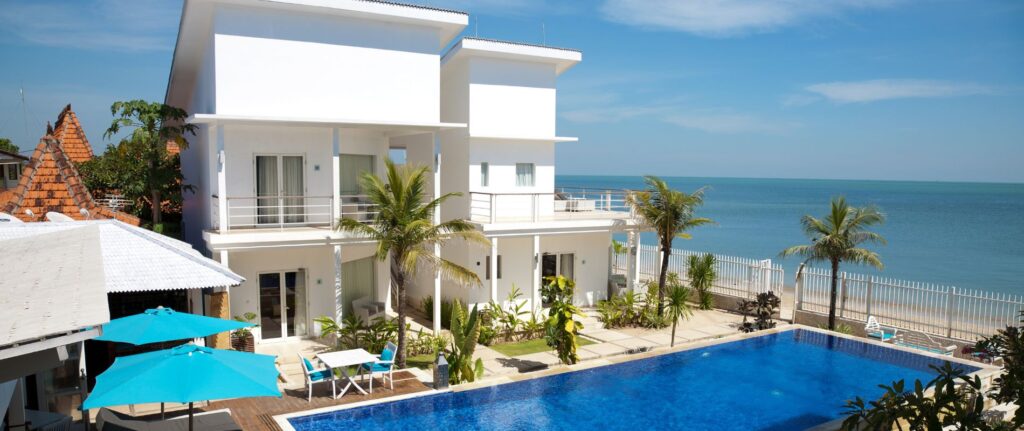The cancellation of the Golden Visa program is a shock to the country’s real estate market.
The Golden Visa program, launched in 2012, allows anyone outside the EU to obtain a residence permit after making significant investments in Portugal.Under this scheme, investors can obtain residence or citizenship by investing in real estate, business and job creation. Obtaining a residence permit through the purchase of real estate was particularly popular.
The decision to end the program was made after several years of criticism. The program, which mainly benefited rich foreign investors, led to an increase in real estate prices, especially in popular cities such as Lisbon and Porto.
In announcing the decision, Portuguese Prime Minister Miguel Costa stressed that the government was committed to putting the interests of the Portuguese people first and addressing public concerns about the Golden Visa program. The suspension of the program is effective immediately and remaining applications will be considered on a case-by-case basis.
The move has drawn mixed reactions. Some argue that the program has played an important role in attracting foreign investment, stimulating growth in the real estate sector and creating jobs. Others argue that ending the program could have a negative impact on the Portuguese economy.
However, it is worth noting that the program has led to price distortions in the housing market, making it increasingly difficult for locals, especially young people, to find affordable housing. Another concern of the Government is the potential for money laundering and tax evasion, which is a threat to national security.
The abolition of the golden visa scheme is not a spontaneous act, as Portugal is under increasing pressure from the EU to reform or abolish the program. Other EU countries, such as Malta and Cyprus, have already seen their citizenship-for-investment schemes overhauled, resulting in tighter rules and increased transparency.

It remains to be seen how the abolition of the golden visa will affect the Portuguese real estate market and the economy as a whole. There may be difficulties in the short term, but eventually the market will adapt, leading to more sustainable growth and more affordable housing for locals. The Portuguese government has said it intends to introduce alternative measures to attract foreign investment and stimulate economic growth, while avoiding the potential drawbacks associated with the golden visa program. Details of the new measures have not been disclosed, but officials emphasize that they will ensure a fair and transparent investment climate.
As Portugal says goodbye to the Golden Visa program, it is at a critical juncture in balancing economic opportunity with protecting the interests of its citizens. The coming months will show the real consequences of this bold decision and determine the future of foreign investment in the country.

